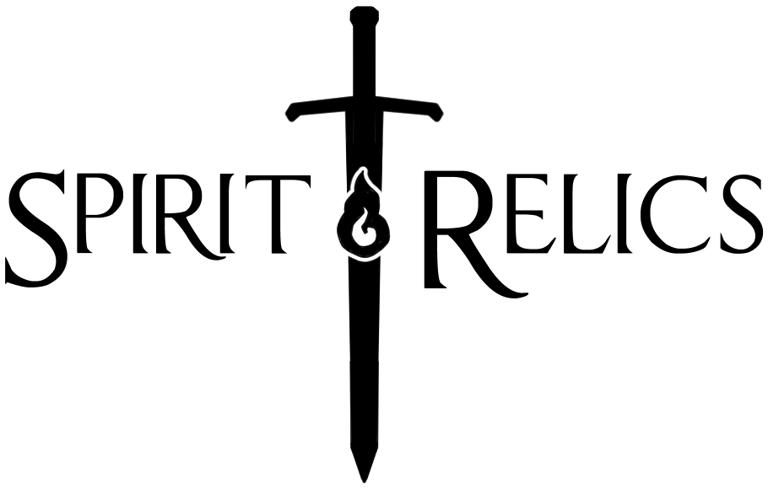Chapter 8.9 Laws of Nature
Laws of Nature
Wildlife based players can commit crimes, and wildlife based outposts can have trials, and jails, as well. However, there are some influences the deities have to create balance based on the actions of players. These are the laws of nature. All other laws apply as normal.
Imps
Imps spawn just like monsters do from rifts, but these rifts are much smaller, and are caused by slight tears in the world's magic. Culture skills in a claim/outpost can affect how these imps form, if they prefer smaller scattered ones, or larger ones. Imps that exist long enough, may start gaining new interactivity options.
Crime Imps
Crime imps are the result of riftmist not being collected in time when too many of them disappear from the world. These little ones appear in places where crime is not able to resolved. Crime imps are attackable on sight, and drop condensed or partial riftmist from players whose crimes have not be original found for one last chance at evidence collection. These imps will grow in size if based on the crime severity that have generated from. They will not often form in areas where crime trails are frequently contained.
Nature Imps
These ones appear in places of high nature rot, or areas leaning towards barren landscapes. If left alone, they can repair resources where nature players are unavailable, but they are unable to leave tributes like wildlife claim players. They will not appear in areas where players have active roles in the environment, unless outpost controls are constructed to allow them to. Killing them will drop cluster cores, for players to plant inside or outside of a claim/outpost to start growth of a resource cluster.
Rot Spread
Nature players may have a goal to have an area overrun by nature. But nature by the diety's law is designed for growth and harvest. Areas with overgrowth can be subject to rot, that can destroy resources over time if not caught. Nature players will need to work together to maintain areas of rot. Rot will also occur at tribute sites that are not taken by traditional players after a long period of time. Nature players will need to remember their routes and check in on planted tributes to make sure they are maintained and not decayed into rot. Nature imps are weak against rot.
Disease Spread
Disease can spread through animals and plants, causing altered stats, traits, and potentially other crafting options through the hunting and harvesting of diseased resources. Nature and cult based players may aim to spread certain types of diseases intentionally. Diseases spawn from certain monsters, monster nests themselves, then are passed on from animals in herds and during interaction phases, as well as plants during interaction phases and growth cycles. Diseases can also come from displeased nature gods themselves. Stronger relic beasts and herds are more resilient to diseases, but not immune. Nature imps will not summon in areas with disease.
Herd and Pack Sizes
There is a maximum herd and pack size, just like buildings have a maximum size. At max size, older herds and packs are more likely to get and spread diseases. During a replication cycle, (animals duplicate with magic, not mate and produce offspring,) at max size, new replicants will push out older ones, and the older ones will be solo and wild, until they meet another wild animal to form a herd or pack, or another nature player that will take them in.
Animal Companion Stress
Forcing your steed close to, or into a non-nature based area will cause your steed's trust to go down, and their stress up. Animals will start bucking and fleeing out of your control near claims/outposts, and often will only approach claims/outposts with faith based systems covered in a future chapter. An attacking creature under your control, that damages a claim/outpost will leave riftmist. So keep this in mind when figuring out how to want to interact with other communities.
Wildlife Fortresses
Wildlife fortresses and wagons will act similarly to an enclosed home, or wagon depending on the style. So players can make store fronts, homes, castles and war tanks. However, non-nature based players visiting these zones will stress the mount carrying it. So, if an outsider is to enter for any reason, choose wisely, and don't let them stay for long. A creature won't lose trust if an enemy breaks in, and will alert their owner, hired NPC, and allied players if the sneaking fails.
Note that non-nature based players can also create enterable wagons, they just won't have a unique connection to nature through the mount.
Being Hunted
It is not a crime to attack a herd that a nature player has influence over. Only the nature player's companion is protected from hunting. Nature based players have a small window to drop herd members out of their herd or pack when hunted, or else they will all scatter and go wild. Players can select which herd or pack member to drop, and they will be easier for traditional players to collect, and give them a temporary adrenaline boost to escape. If their herd or pack scatters, they will need to recollect them into a herd or pack to influence their movements again, and they will not gain an adrenaline boost to escape. Nature players gain culture points for each of their members that are hunted. Nature players who have owned a creature in the past, get a percent mix of the total culture based on their percent of care.
Stealing Livestock
Nature based players will leave riftmist (crime trail) if they steal livestock, or release creature from a claim/outpost, cage, or enclosure they are not allowed to do so with. No riftmist will occur if it is unclaimed land.
